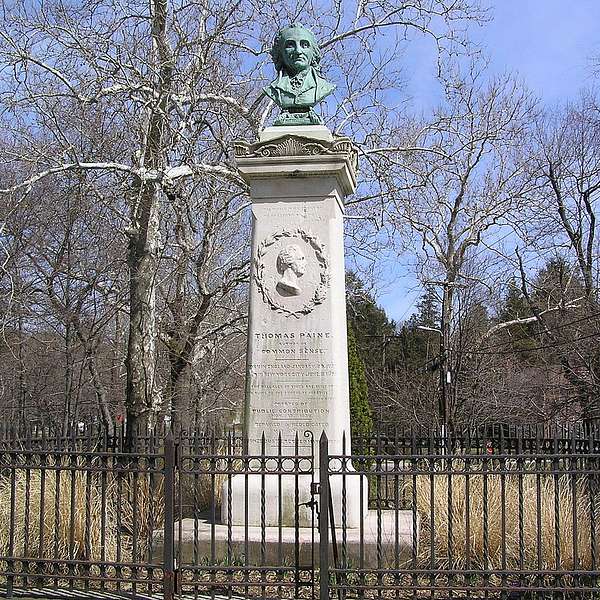
Peaceful Political Revolution in America
"The basis of our political systems is the right of the people to make and to alter their constitutions of government."
Alexander Hamilton, James Madison, James Wilson, Thomas Paine, and many other American patriots and revolutionaries completely agreed with this simple but compelling statement made by President Washington. Yet today, very few Americans know what the basis of our form of government is, let alone understand what it means.
This Podcast will dive into the most important and most censored story in America. We will uncover the myths behind our constitutional history and reveal some of the startling facts about our founding as a nation. Hang on tight! If you haven't honed up on your American history, if you think you understand our American political system, you may be in for a shock.
Peaceful political revolution is your unique American heritage. It is what makes our democracy so special and what makes your role in American politics so important. Are you ready for a peaceful political revolution? Where does it come from? How does it happen? What can you do to change our political system for the better?
We will address these questions and many more in the upcoming Podcasts, so hang on. If you think our politics are bad and only getting worse, you may find that a peaceful political revolution is the antidote.
Peaceful Political Revolution in America
S2 E3 Thomas Paine's Rights of Man with Gary Berton
Welcome back to the Peaceful Political Revolution in America podcast.
I couldn't go any further without a discussion about Thomas Paine's Rights of Man. Not because it was historically significant, although it certainly was. But, because it lays the foundation for our nation and our identity as Americans, it is perhaps more relevant today than it was in 1792.
I began this season with a discussion about American Sovereigns for a purpose. We need to begin to think of ourselves as the rightful and legal owners of our government. Fritz was pretty clear, this is our uniquely American heritage, a power that deserves all of our respect and comprehension. I followed this with a conversation about the elites, the ones who according to Robert Ovetz and a few others, created a political system to serve the oligarchy. The sovereigns and the elites have been here right from the beginning. We need to distinguish between those two groups in America and we need to understand the very different roles they play and how they are enabled.
Today, we the sovereigns play a minor role in decision-making for our nation compared to most modern democracies. We have limited ways of getting our message out. We have limited choices. On the other hand, the elites have all kinds of ways to express their concerns and to advocate for their interests. They write the historical narrative. They create and sell the consensus reality you and I live in. If they wanted to normalize climate-related disasters or mass shootings, they could. They are making plans for our future as well, and none of them have been elected to do so.
We see this play out in numerous ways every day. We the Sovereigns, on the other hand, remain divided. We live in a manufactured reality because human beings are creative and industrious, it seems we the sovereigns have no other choice. But whose reality is it? Do we have the political and economic systems we need to create the reality we want? Thomas Paine's message may be more relevant today than it ever was and to explain why, I've asked Gary Berton, president of the TPNHA to come back for a closer look, this time, at Thomas Paine and his seminal book, Rights of Man.
OUTRO
So, are human beings fundamentally rational enough to know how to govern ourselves? The elites were capable of creating a government that would serve them, but what about the rest of us? Are we rational enough, informed enough, and committed enough, to create a political system that protects our mutual interests?
At its core, the political question of the day isn't who will be running for president, it's who will be calling the shots? Will it be the tiny minority of global elites or will it be the vast majority of human beings on the planet? As Gary says, that will require a movement of movements. Where ever constitutions of government fail to protect and promote the interests of the majority of citizens, more work will always be necessary. America is no exception to this fundamentally Painsian maxim. We're all going to have to be much more aware of the deficiencies within our political systems if we are ever going to rid ourselves of them.
Beam in next time for a look at how we might improve our political systems of government and the kind of rights Paine had in mind for all Americans when I talk again with Harvey J. Kaye on his book, FDR on Democracy, the Four Freedoms and FDR's Economic Bill of Rights.
Until then, stay safe out there.